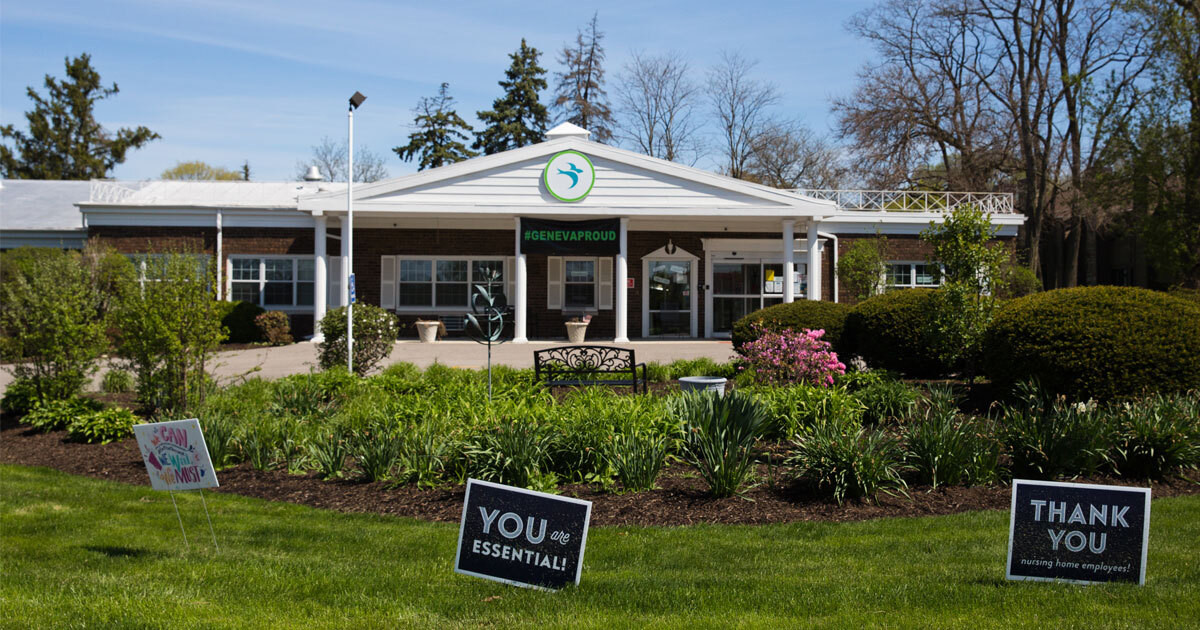UK (Parliament Politic Magazine) – Thirty families are taking the government, care homes, and hospitals in England to court because they believe their relatives died during the early days of the Covid pandemic because they were not protected enough from the virus.
These families are asking for money because they lost their loved ones, and they were very sad and upset because of it. The government says it did its best to keep people in care homes safe from the virus by using the best information available.
Spread of Virus and Challenges for Care Providers
The legal cases are about a decision made in March 2020. At that time, some sick people were sent from hospitals to care homes without being checked for the virus or being told to stay away from others.
This happened even though a court in 2022 said this decision was not right because it didn’t think about how the virus could spread to older and weak people in care homes.
In a few months from early March to early June 2020, almost 20,000 people in care homes in England and Wales died because of Covid-19. This is around one-third of all the deaths in care homes during that time.
Back then, the government said it was trying its best to keep care home residents safe. One person taking legal action is Liz Weager. Her mom, Margaret, who was 95 years old, got sick with the virus in her care home in May 2020 and later passed away in the hospital.
Liz wants to know how the care homes were being managed and what advice they were given. She thinks the government wasn’t ready, and this affected the care homes too.
All the families are saying that the person in charge of health and social care, along with the places where their loved ones were being taken care of, did things wrong and caused harm. They say that important rules about people’s rights were broken.
Families Believe That Their Relatives Must Be Treated Fairly
These rules are in something called the European Convention on Human Rights. The families believe that their relatives’ right to stay alive and not be treated unfairly was not protected.
A lawyer named Emma Jones is helping the families. She wants a really good investigation into what happened to the people who passed away. She hopes this investigation can help the families feel like they got fairness and justice for their loved ones.
A lady named Liz Weager thinks her mom’s diary is important. This diary is a little book with the year 2020 on it. It’s full of pieces of paper. Liz’s mom always wrote in diaries, but this one is really special.
Even though Liz’s mom wasn’t very healthy in her old age, she was still sharp in her mind. She understood everything happening in the world. The diary mostly talks about when people visited or called, and who took care of her. But it also says things about what was happening in the care home.
Liz believes the diary shows that the care system was really stressed at the start of the pandemic. It seems that the government talked about the coronavirus on March 3, 2020. The leader at that time, Boris Johnson, said the country was ready.
On the same day, a group of experts talked about care homes. They had trouble making sure people stayed apart to stay safe in these homes. This was their 12th meeting about it.
NHS Directives and Care Home Transfers
On March 17th, the NHS tells hospitals to send patients home quickly if they can, even to places where old people are taken care of. They don’t have to do tests or stay away from others. Margaret’s family later hears that some sick people from hospitals were sent to her care home. On March 23rd, the whole country is told to stay at home and not go out.
During the next few weeks, Margaret writes in her diary about what she sees. She writes about small things like not having enough potatoes for dinner, and also about when a doctor on the phone and a nurse in her room talk about what to do if her heart stops. At first, she signs a paper saying not to help her if that happens, but then she changes her mind and wants things to be like they were before.


